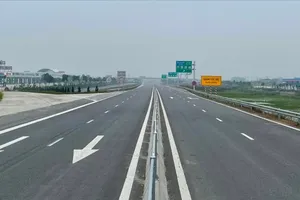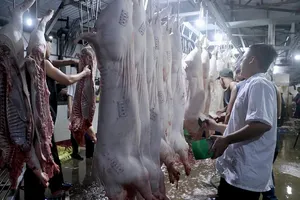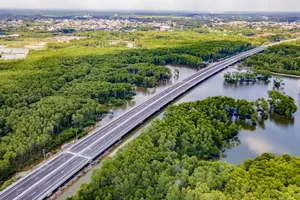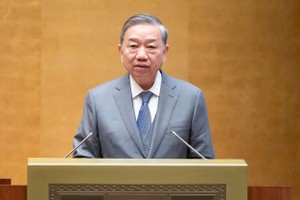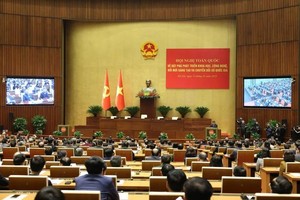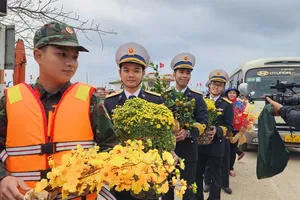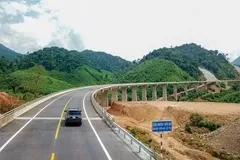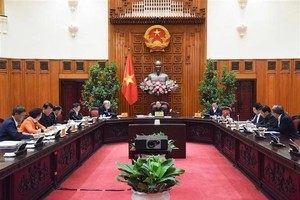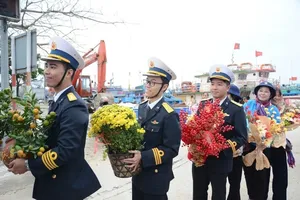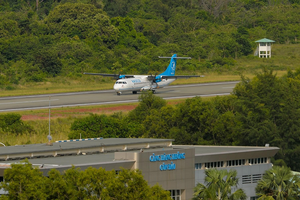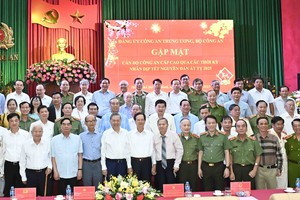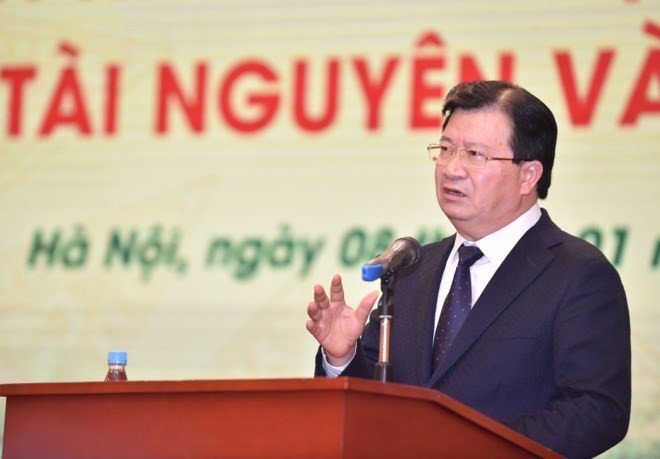
Dung was speaking at a meeting to examine the main tasks of the national environmental sector, including why the nation’s land-use effectiveness is still lower than in other countries in the region - and how to handle endless land petitions.
Minister of Natural Resources and Environment Tran Hong Ha said the meeting aimed to assess the sector’s activities during 2017 and set new targets this year.
Deputy Prime Minister Dung said poor management by authorised land-use agencies was to blame for many land petitions in 2017.
The main problem was the limited implementation of policies related to land issues in several localities.
Data from the ministry revealed it had dealt with 3,094 land petitions in 2017.
To achieve new targets, Dung ordered the ministry to quickly build a land database as well as gradually modernise the public service managing land under the model of electronic government services.
He said the ministry was told to finish issuing land-use right certificates for State owned forest enterprises this year.
Minister Ha said that ensuring water security was also another important task to focus on this year.
Agreeing with Ha, Dung said water security was one of the pressing problems challenging the country. Vietnam had suffered from lack of fresh water due to pollution, rising sea levels and salinity intrusion.
Thus, he said, the ministry had to improve its assessments on water resources and raise public awareness on using and exploiting water resources.
Additionally, Dung said the ministry was required to focus on mobilising financial domestic and international support to effectively implement the National Strategy on Climate change.
Consecutive typhoons and floods, triggered by climate change, killed 386 people and caused a total damage of nearly VND60 trillion ($2.63 billion) in the country in 2017.
Dung said that the environment sector had to tighten controls on the quality of waste-water discharged into the environment this year.
“It is absolutely not allowed to let an incident like the Formosa incident happen this year,” he said.
After the incident, the lesson was drawn that developing the economy had to be run parallel with protection environment, he said.
“We now need to put the task of protecting the environment to the highest level,” he said.
The Formosa incident occurred in April 2016, when hundreds of tonnes of fish died in waters off four coastal provinces of Ha Tinh, Quang Binh, Quang Tri and Thua Thien–Hue.
The Taiwanese Hung Nghiep Formosa Ha Tinh Steel Corporation claimed responsibility for the disaster, admitting that it had released toxic wastewater into the sea along these provinces.
It pledged to compensate more than VND11.5 trillion ($500 million ) to support local fishermen and recover the polluted marine environment.


